Teaching about plants and need the perfect activity to engage? This STEM / STEAM Challenge is perfect for applying learning in plant needs, parts/functions, adaptations, life cycles, cells, photosynthesis, and/or genetics & heredity.
This STEM Challenge is great any time of the year, but works especially well as a spring activity! The completed designs and extension projects make beautiful displays for Back to School Night or Open House as well!
The basic premise:
Students work in individually or in partners or groups against a list of criteria and constraints to create a plant that has never been seen or imagined before.
Check out the video preview to see what is included in this resource:
Note: If you are in a 1:1 classroom, you may prefer the
digital format, compatible with Google Slides ™.
Resource includes:
- NGSS aligned standards, Grades 2 – 8
- Teacher Tips:
- Links to my 5-part video series on getting started with STEM challenges
- Materials and timing
- Criteria & Constraints (including modifications to increase difficulty for older students)
- Measuring results
- Universal STEM Challenge Notes & How to Use Student Handouts
- Post-design extension activities list
- Link to a video walk-through of the challenge
- Student Handouts:
- Criteria & Constraints List (in color and B&W; editable version provided)
- Results and Design Analysis (2-page regular spacing and 4-page expanded) spacing for primary students included in color and and B&W)
- Discussion Questions (color and B&W)
- Extension templates
- Process flow maps
- Create & solve math problems based on designs
- Life Science Folder/Booklet Project templates (editable):
• General Information
• Feature Spotlight
• Life Cycle
• Where in the World? (Habitats)
• Food Chain / Food Web
• Animal Classification
• Geologic Time Scale
• Genetics / Heredity
• Evolution
• Body Systems Compare/Contrast
Sample/suggested materials for each student or group:
(Materials you’ll need to do the activity are easily modified. You don’t need to provide all of the following materials. Select a subset and/or add in your own ideas.)
-
- Note: The links below are Amazon Affiliate links. Find out more on the disclosure page.
-
-
- Crayola Model Magic
- Newspaper or tissue paper
- Construction paper
- Craft sticks
- Pipe cleaners
- Sequins
- Yarn
- Pom poms
- Googly eyes
- Paint
- Feathers
- Toothpicks
- Scissors
- Foil
- Cotton
- Felt
- Sand paper
- Glue
- Masking tape
- Hot glue guns
- Plastic wrap or sandwich baggies
- Uncooked noodles, rice, and/or beans
- Design analysis handouts (included in resource)
-
-
- Note: The links below are Amazon Affiliate links. Find out more on the disclosure page.
Benefits of this STEM Design Challenge:
- Focus on critical thinking, problem solving, and application of learning
- Helps students develop growth mindset traits like persistence and resilience
- High levels of student engagement
- The potential to hit upon all NGSS ETS standards depending on the depth and number of iterations you choose to implement in your classroom (modifications included)
- Highly flexible and differentiated for materials, timing, grade levels, and rigor.
Each design iteration should be planned for ~60 min. if you are including data gathering and analysis rather than just building for fun. If you add extension activities, you will need to adjust timing accordingly.
This resource is available in a digital 1:1 format, compatible with Google Slides (TM). It is also available in the Mega Bundle, and will soon be available in a discounted Planetopia Project bundle.
If you prefer to purchase on TpT, click here.
Note: any coupon/promo codes for this site will only work on this site.
Preview Music Credit:
“Carefree” Kevin MacLeod (incompetech.com)
Licensed under Creative Commons: By Attribution 3.0 License
http://creativecommons.org/licenses/by/3.0/
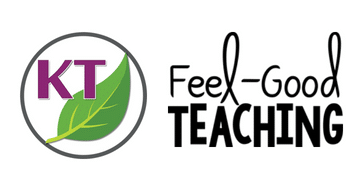
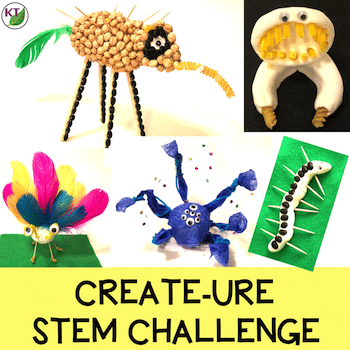
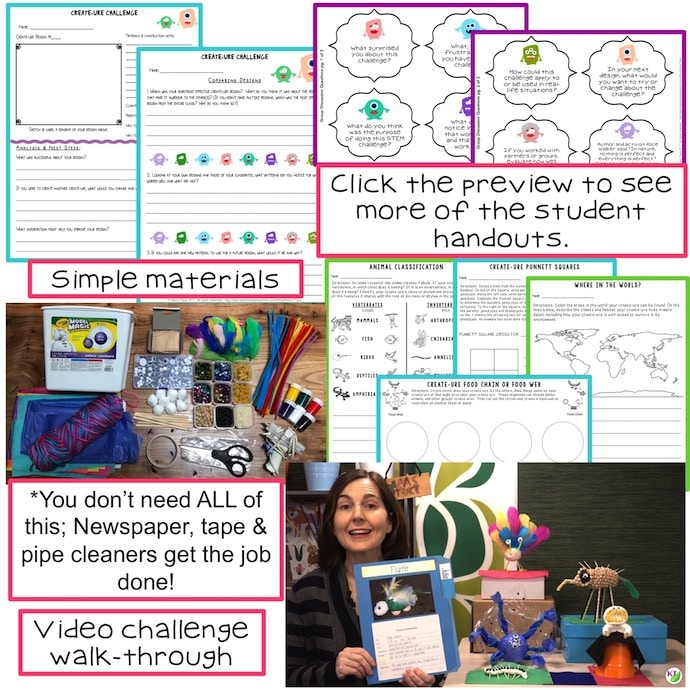

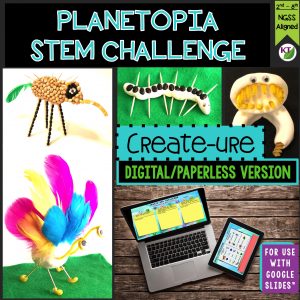

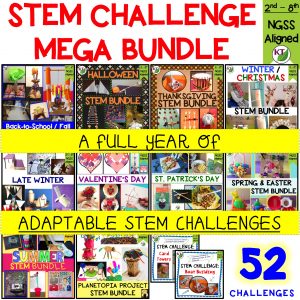


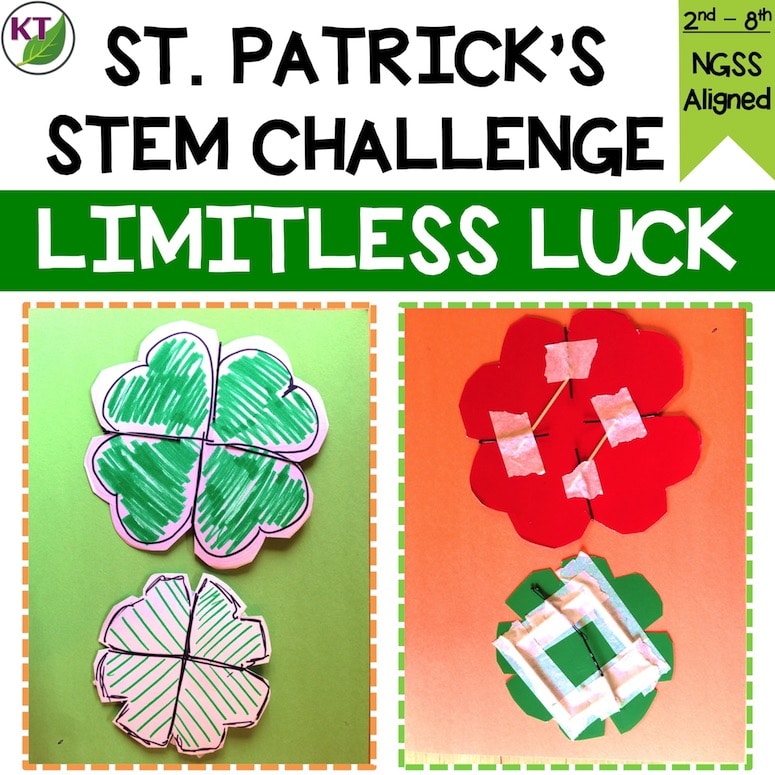





Reviews
There are no reviews yet.